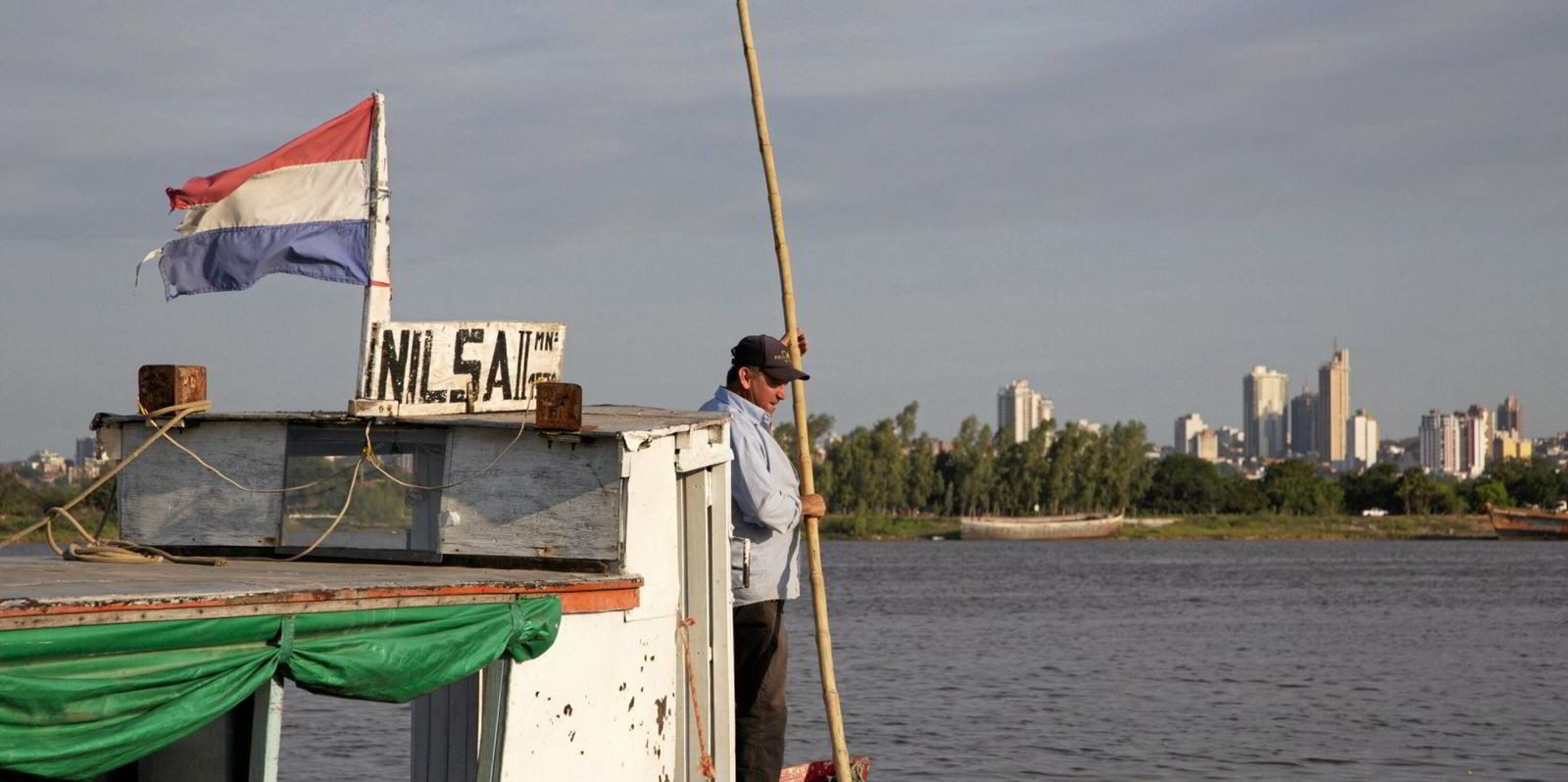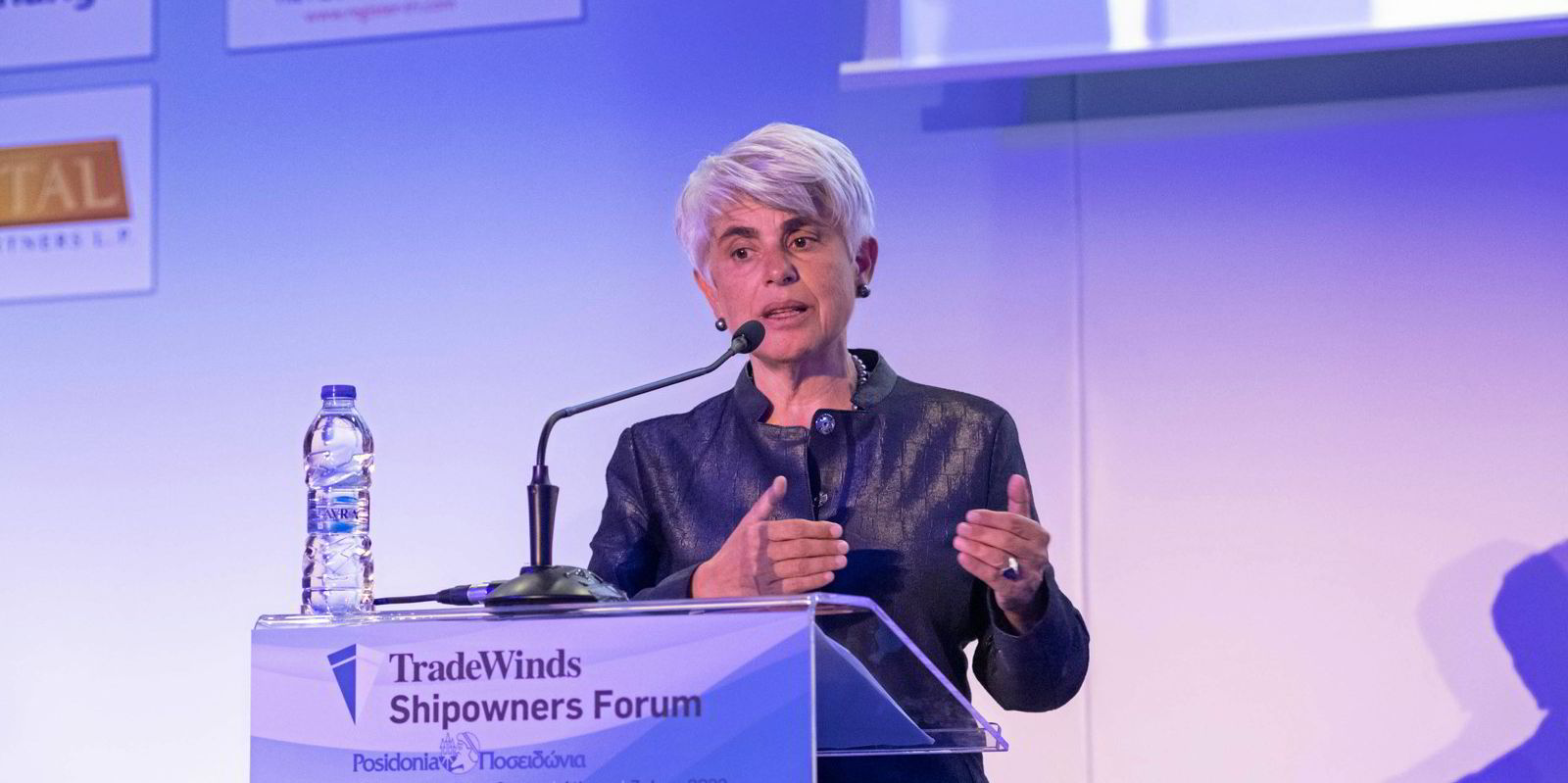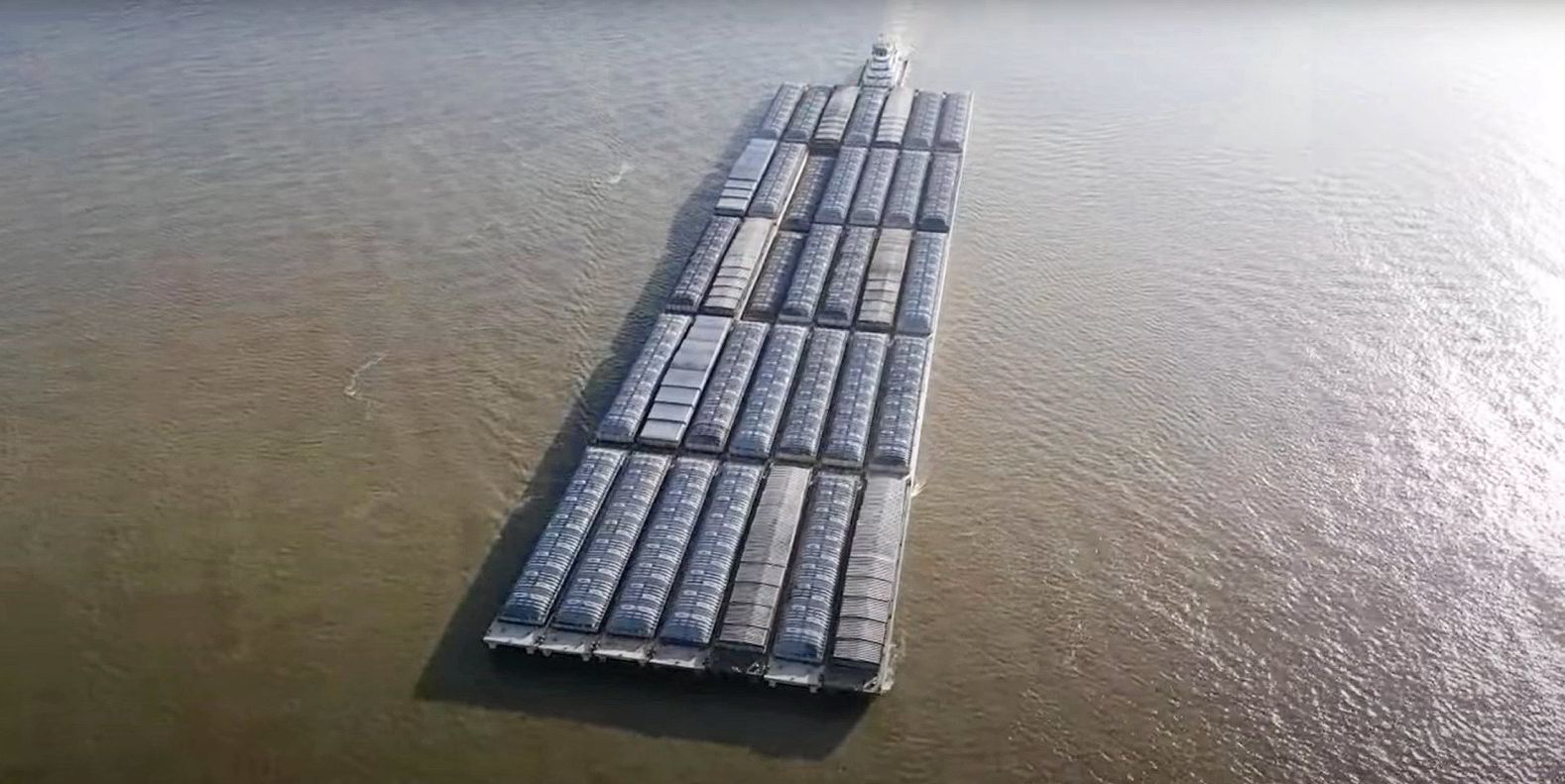Argentinian authorities have arrested at least two tug-and-barge convoys in a row with Paraguay over tolls on the Hidrovia waterway system.
The dispute has been sparked by Argentina’s decision to enforce a toll on traffic on a portion of the Parana River that is key to soy exports of its neighbours.
Alejandro Vega, a maritime lawyer and loss adjuster who runs Argentina’s Vega & Co law firm, told TradeWinds that the country’s transport ministry began charging the tolls of foreign-flagged vessels amounting to $1.47 per net registry tonne.
However, two decades after Buenos Aires ended parity between the peso and the US dollar, Argentinian-flagged vessels pay ARS 1.47, which has been a flash point in the dispute because it amounts to less than a fraction of a US cent.
The treaties governing the Hidrovia river system, which connects five countries, allow nations to charge tolls on traffic to pay for maritime services, but not to impose taxes.
Paraguayan officials argue that the unequal application of the fee and lack of associated services effectively make it a tax. Argentina contends that the toll is designed to pay for dredging on the Parana River, although Paraguayan officials complain that no such dredging is taking place. Although treaties guarantee free navigation, the affected leg of the river is within Argentina’s jurisdiction.
Paraguay’s shipowners have complained that the charges by Argentina are restricting navigation and treating them unfairly.
Vega said they have also complained that it will have an economic cost on their operations.
“This will affect, of course, the freight cost of the Paraguayan or Bolivian fleet,” he told TradeWinds. “They will charge more for it, or they will have to absorb that cost, which will cause losses to the shipowners.”
Vessel arrests
Paraguay has responded by halting sales of electricity to Argentina from its Yacyreta hydroelectric dam.
The tolls apply between Santa Fe and the confluence with the Paraguay River, a section that is also used to move cargoes from land-locked Bolivia and south-west Brazil.
Vega said there are some 20,000 barges that travel the affected section of the river, mostly flying the Paraguayan flag. In addition to soybeans, the barges move fuel oil, mineral ores and other grains. The area impacted by the tolls does include areas of the Hidrovia typically used by oceangoing vessels.
He said Argentina has placed a moratorium on further vessel arrests for 60 days, and the two countries are gearing up to battle it out in a court for the Mercosur common market.





